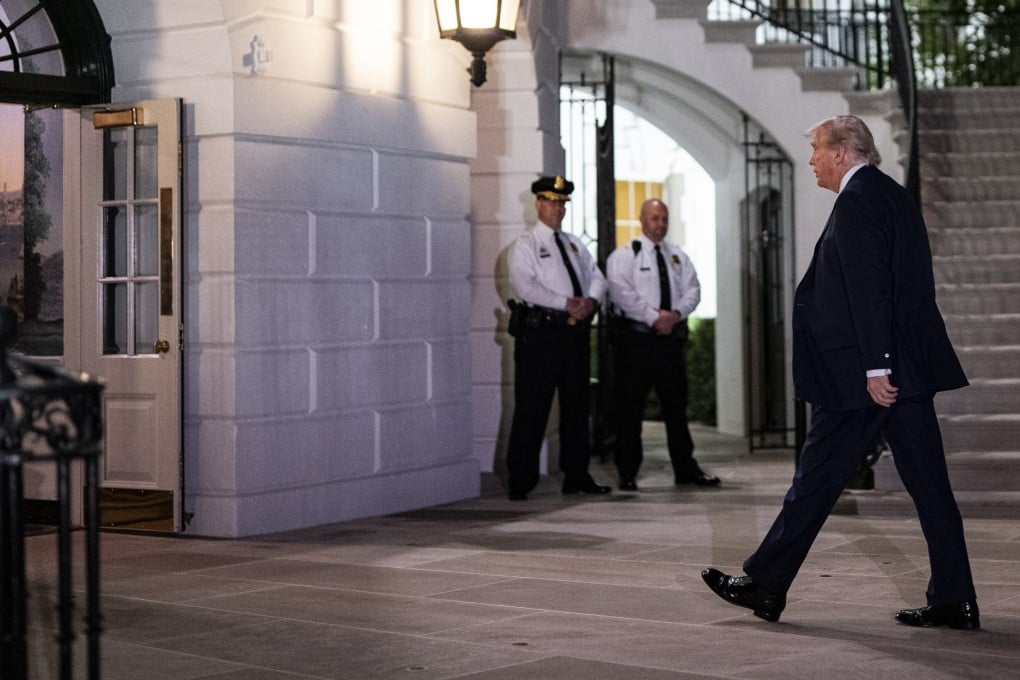There is a growing fatigue with global leadership – a sense that the costs outweigh the benefits and that the time has come to look inward. This mindset is reshaping how the US engages with the world, with the consequences already emerging. As domestic concerns take precedence, the global order is shifting.
The US is retreating from its traditional role as a stabilising force, embracing a more unpredictable and self-interested approach. Once again, American isolationism is on the rise. The Trump administration has capitalised on this national identity crisis, pursuing a foreign policy that prioritises immediate economic wins over long-term strategy.

It has disengaged from commitments it deems outdated, recalibrating rather than revolutionising America’s global stance. Trump has reduced alliances to transactional arrangements, shaped by a populist scepticism towards traditional security partnerships. While this sentiment is not new, his administration has been the first to fully commit to rewriting the rules.
.
Top

Trump world: the unravelling of American global leadership

With an isolationist US increasingly viewing commitments as burdens, a power vacuum emerges that China and others can fill.











